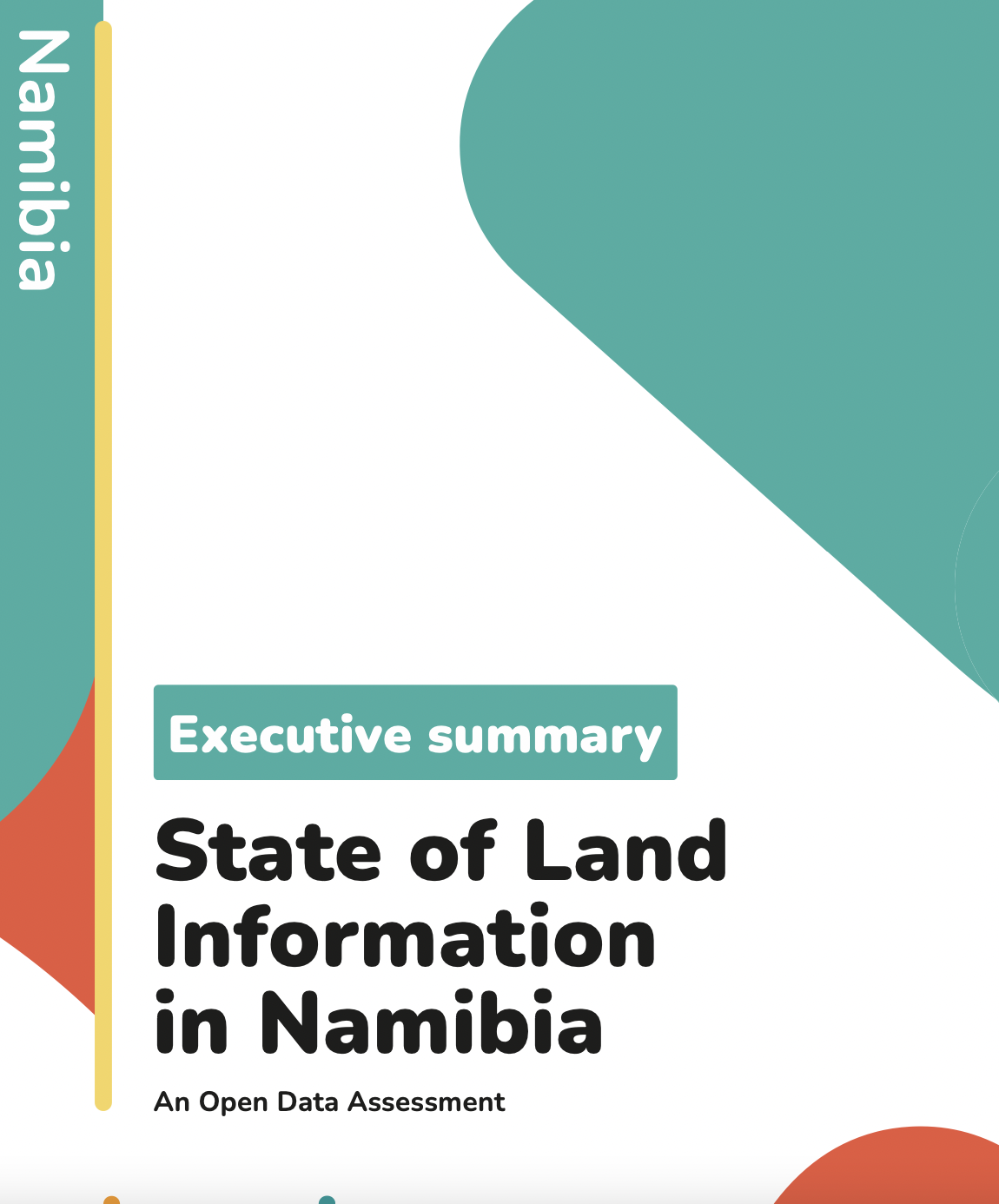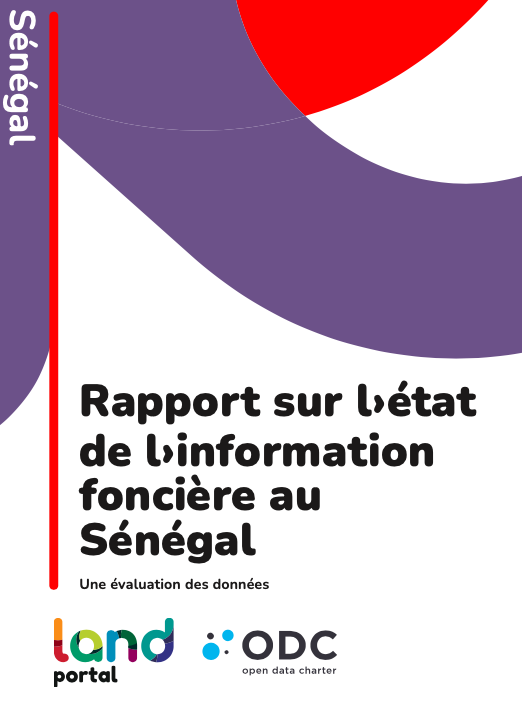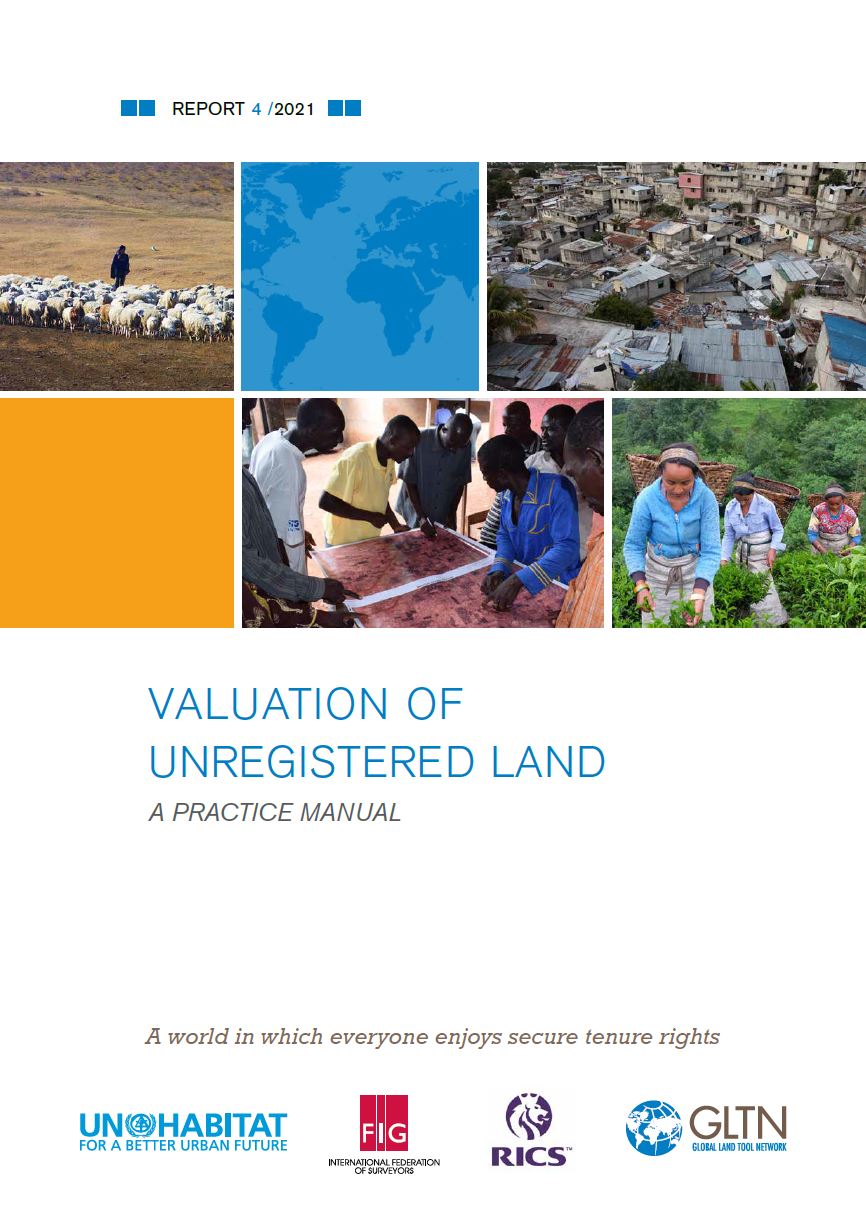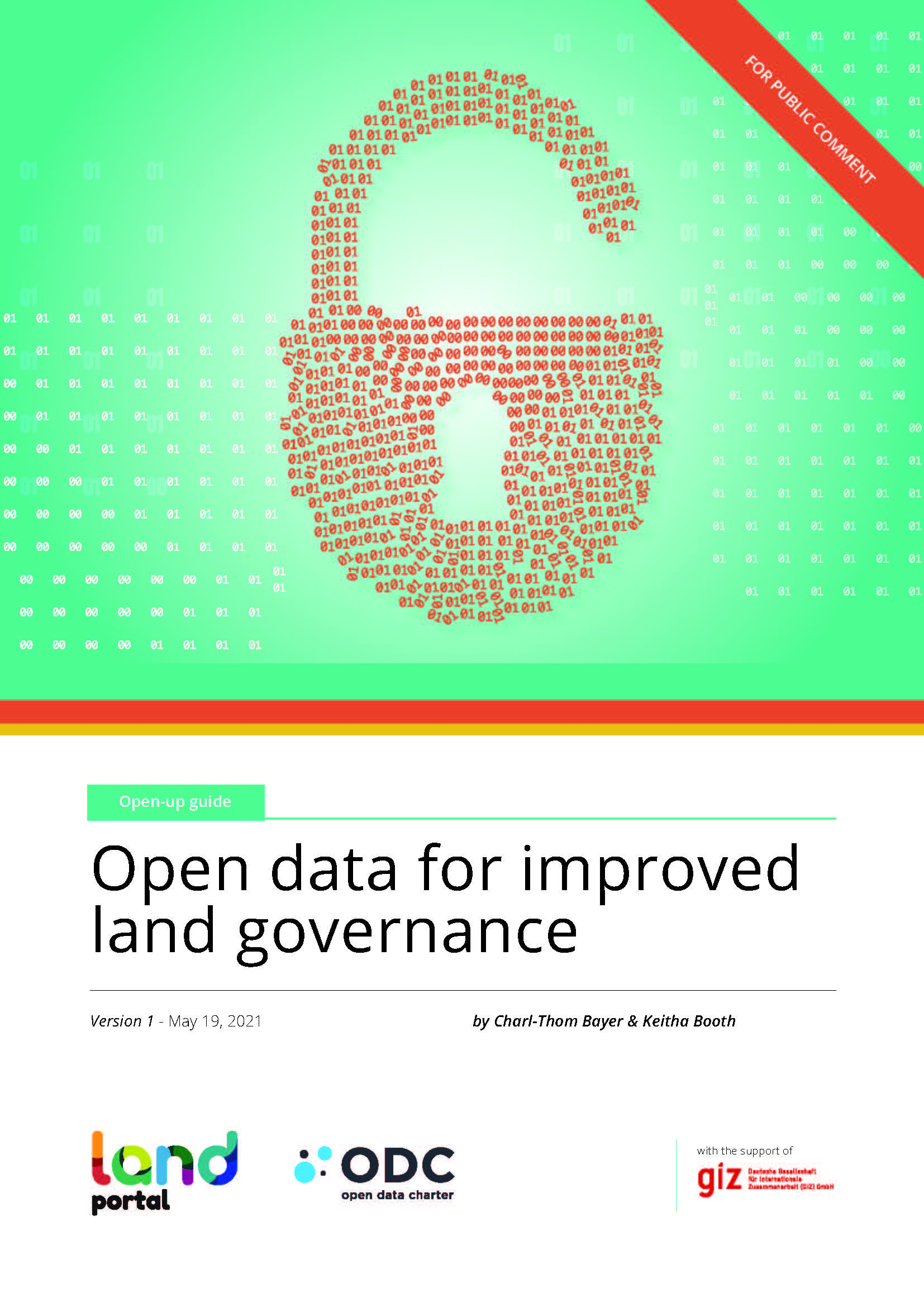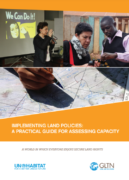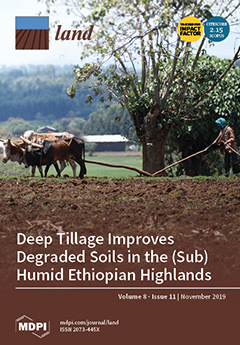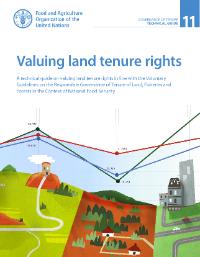State of Land Information in Malawi Report (English)
This State of Land Information (SOLI) report is an analysis of the current state of land data in Malawi, assessing the availability of land information and the compliance of this information with open data standards.


